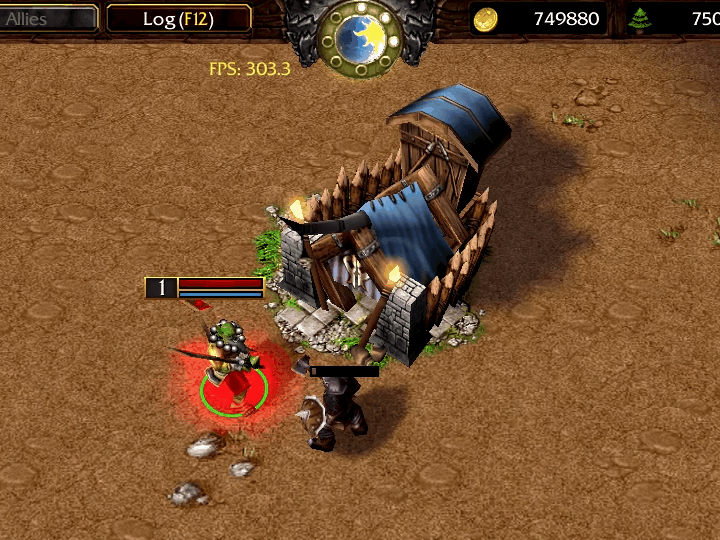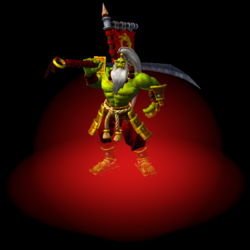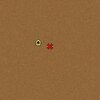- Joined
- Apr 20, 2010
- Messages
- 797
Up until very recently I had no idea how a hashtable worked. But then I read a tutorial about hashtables and learned how they could store very large numbers, including the unique IDs given to handles that distinguish them from each other internally. So I decided to give it a try and came up with this spell because I've always wanted to make a parry that doesn't require a DDS. It has the honor of being my first creation with a hashtable 


 Approved
Approved










